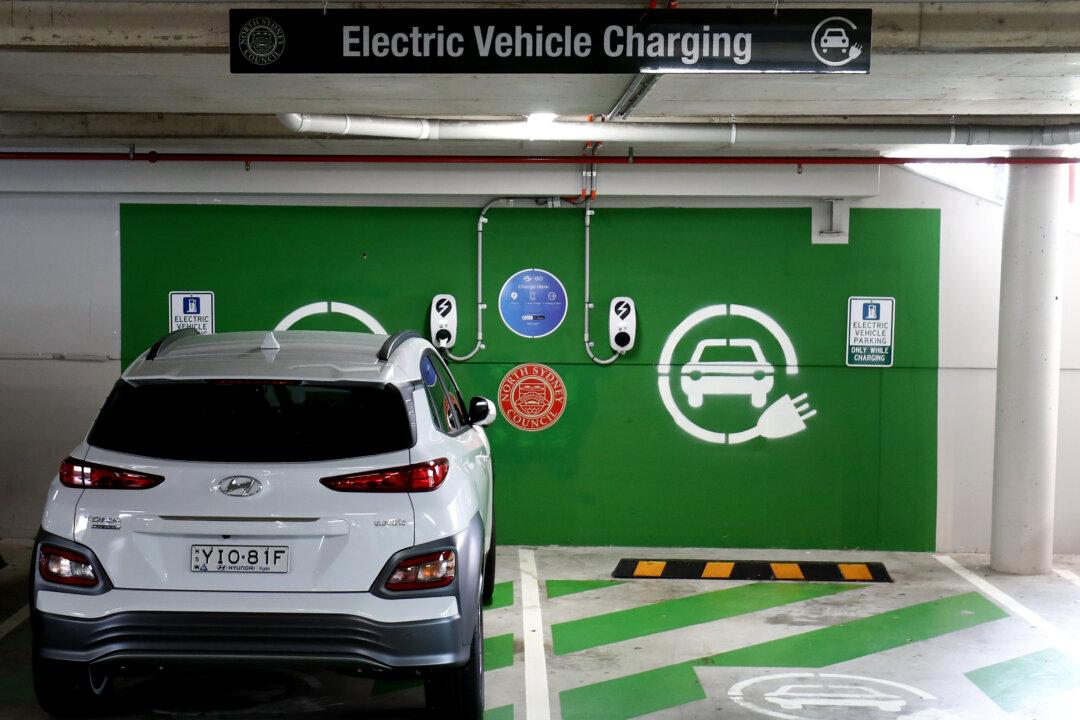The Albanese Labor government has launched a review of Australia’s electricity grid and market to ensure affordability for households and businesses.
This independent review, led by a panel of experts, will look into the integration of rooftop solar and large-scale renewable energy sources before delivering recommendations to the energy minister by late 2025.





